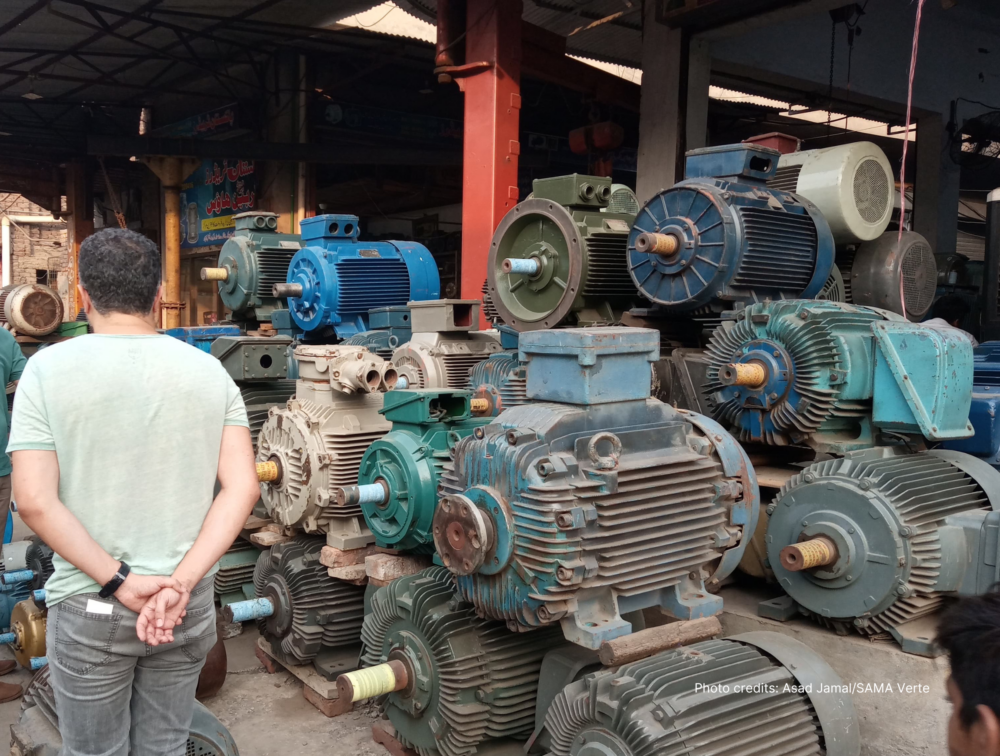Interview with Tanmay Tathagat: Efficiency Expert and Director of Environmental Design Solutions in New Dehli, India
In 2019, India’s Bureau of Energy Efficiency partnered with CLASP and partners Environmental Design Solutions, Market Xcel, and Zenatix to launch the National Energy End-Use Monitoring (NEEM) Dashboard—a tool that integrates data from a major residential end-use survey and real-time appliance monitoring.
The following is excerpted from an interview CLASP conducted with Tanmay in 2020.
An Enduring Partnership
“My first assignment with CLASP was in 2002, and I was working with the International Institute for Energy Conservation—a founding member of CLASP. It was the early days, so a lot of our work was talking about the importance of efficiency standards and building those frameworks.
Today, one of the biggest barriers to a policy initiative is reliable information about how appliance energy use and market trends are affecting households. We need better information for making decisions and the NEEM Dashboard was the first step in that direction.”
Data-Informed Decision-Making
“When we look at prioritizing appliances for more stringent standards, you pick based on potential impact. The NEEM Dashboard gives us better insight into energy-use behavior and how appliances are used across the country.
When we created the dashboard, the idea was that it would feed primarily to policymakers who set appliance standards. But other potential beneficiaries [include] policymakers who look at building codes and standards; utilities, as there is a direct linkage to look at demand profiles for customers; and end-users who need more information on reducing their energy use.
This tool should become a reference point for building a long-term monitoring framework to track the impacts of our work and improve policies.”
The Importance of Energy Efficiency in India
“India is rapidly expanding the scope of energy services, and this growth brings about positive changes. But at the same time, all of this energy is coming from fossil sources. So in a country like India, with a big population that is growing more urban and increasing its energy intensity, efficiency is extremely important.
Over 20 years, CLASP’s impact has been transformative. I can see that change nowhere bigger than India—where energy efficiency is one of the strongest pillars of the government, and it has been continuously supported by CLASP.”










